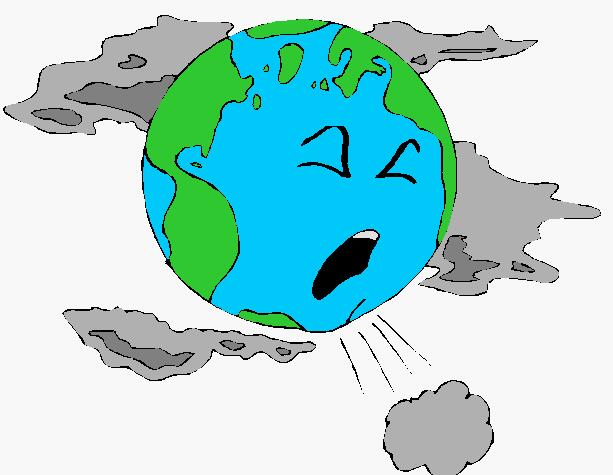Dangers of Dirty Air
 Air pollution may do more than smell and make you cough; it may also damage blood vessels.
Air pollution may do more than smell and make you cough; it may also damage blood vessels.
For the first time, researchers say they are able to confirm a correlation between air pollution and cardiovascular disease.
In a study conducted at the University of Toronto, 25 healthy people were exposed to high concentrations of fine particles plus ozone for two hours. Researchers measured the diameter of the volunteer’s brachial artery before and after exposure.
On average, the arteries constricted from 2 percent to 4 percent in response to the polluted air. The arteries did not respond to follow-up exposure to filtered air.
Robert D. Brook, M.D., from the University of Michigan, says, “We have a wealth of epidemiological data saying that air pollution is associated with adverse respiratory and cardiovascular outcomes, but there is still a lack of understanding as to how the association occurs physiologically.”
What researchers do know is that, when inhaled, fine particles travel into tiny air sacs at the base of the lungs where they can affect the rest of the cardiovascular system through the bloodstream.
The unhealthy particles in question are a combination of fine particulate matter emitted from burning fossil fuels, and ozone particles created when the sun shines on these emissions.
Volunteers were exposed to a combination of these particles, which researchers say are similar to those found in urban areas during peak air pollution times such as rush-hour traffic. Researchers say the results call attention to the need for further research on the air pollution problems that plague most of the world’s major cities.
Dr. Brook says, “Although the degree of constriction in and of itself is unlikely to produce significant problems in healthy individuals, such a constriction could conceivably trigger cardiac events in those individuals who have or are at risk for heart disease.” Dr. Brook adds that further research is needed to fully understand why air pollution has negative effects on blood vessels and to clarify how these initial findings relate to public health.

